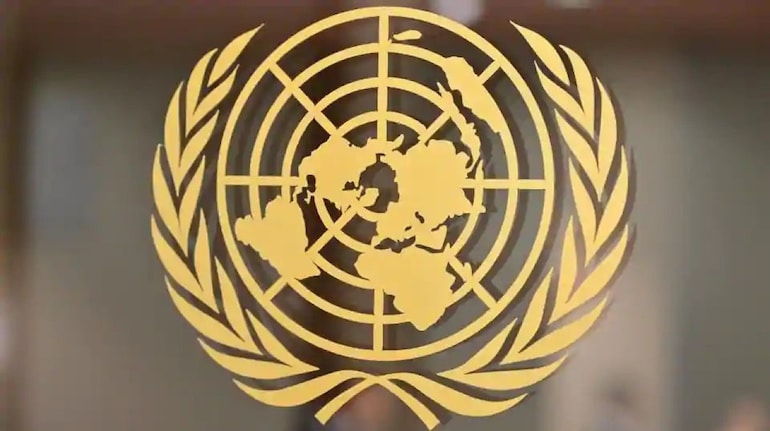
United Nations
Russia backed India for permanent membership at the United Nations Security Council (UNSC) at the Primakov Readings International Forum in Moscow earlier this week.
Russian foreign minister Sergey Lavrov said India added value to the UNSC with its stance on global and regional issues.
Lavrov said India can even be considered as a global leader due to its economic growth. “I think that India is currently one of the leading countries in terms of economic growth, maybe even the leader. Its population will soon be bigger than that of any other country.
New Delhi has vast diplomatic experience in settling various kinds of problems, as well as authority and a reputation in its region,” Lavrov was quoted as saying by news agency ANI.
He also pointed out that India plays active roles in the UN and is an important part of structures like the Shanghai Cooperation Organization (SCO) in Asia.
Lavrov said that India is “at the essence of the forming of a multipolar world as one of its most important poles.”
Lavrov earlier said that the UNSC will become more inclusive and democratic if Asian, African and Latin American countries are included in the grouping.
He made these recommendations during the 77th United Nations General Assembly meeting.
He pointed to India and Brazil and said that these two nations are key international actors and must be considered for the permanent inclusion in the UNSC.
Lavrov said that India and Brazil were promoting their applications to join the UNSC along with Japan and Germany, exhibiting multipolarity.
He said Russia sees the value India and Brazil can bring to the UNSC as the world knows their stance on global and regional issues.
Barring China, the four other members of the UNSC – the US, UK, France and Russia have supported a permanent seat for India in the UN body.
The UK ambassador to UN Barbara Woodward also said that the UK supports creation of permanent seats for India, Germany, Japan and Brazil as well as for a permanent African representation on the Council.
India’s current two-year term as a non-permanent member of the Security Council will end in December.

